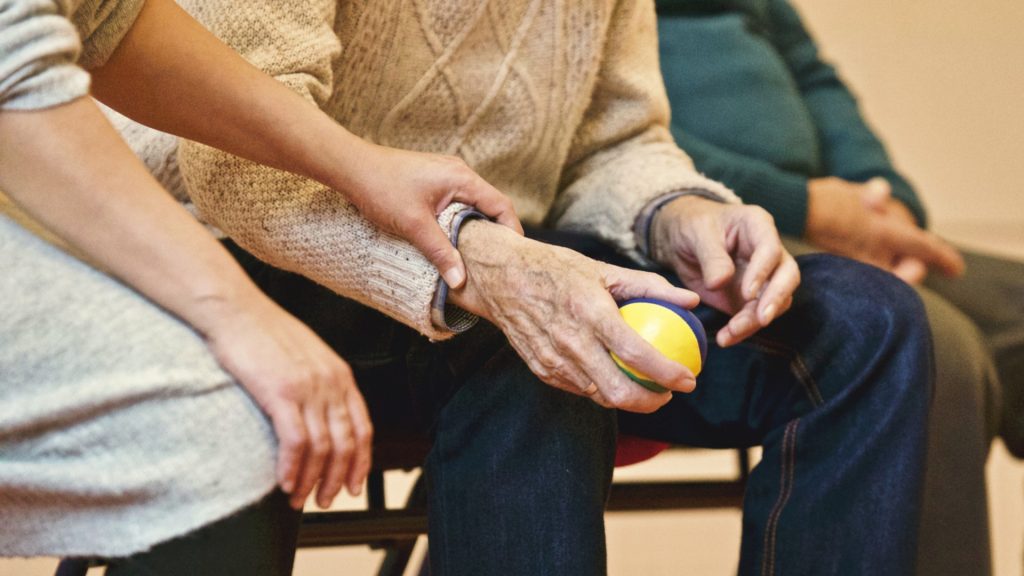The question of assisted dying is raw and emotional, based on a very natural human fear, and there are few ethical questions of our time in which reason and evidence have played such a minor role.
Advocates on both sides are mostly guided by the highest motives, and both can point to horror stories, but I don’t want to take that line.
The argument that irks me is that “religion” is denying people the autonomy to choose their own death.

I am a Christian, and I oppose the legislation, but not for religious reasons. I have a high regard for the sanctity of human life, but I can imagine the outrage if I suggested only religious people valued life. And I don’t suggest it.
My objections are based on human values which most non-believers share.
Recently I talked to a prominent secularist whose organisation has as one objective “ending religious interference” against euthanasia, and lobbies parliaments.
I asked what sort of interference the group had in mind.
“Lobbying politicians behind closed doors,” came the reply.
But wasn’t that group doing exactly the same thing?
“That’s different!” Ah, of course.
I, too, feel the lure of assisted dying for those in long-term terminal suffering. I, too, fear a prolonged and painful dying. But I still have overwhelming concerns about euthanasia, and can only hope I have the courage of my convictions when the time comes (if it should happen that way).
I can explain my objections only briefly. First, although the proposed legislation is as conservative as it could be, slippery slope arguments are impossible to avoid.
Abortion illustrates why: of the promises and “safeguards” made when abortion was legalised I don’t think any has survived. Once the principle is accepted the exclusions are hard to justify. This has been the experience with euthanasia in many places overseas.
Second, I think it is wrong to ask doctors, who have taken the Hippocratic Oath to do no harm, to kill people. The Australian Medical Association agrees: killing is hardly caring.
Third, it is a tremendous social shift. The elderly or chronically ill, who already fear being a burden to their families, are already coming under pressure in states where euthanasia is legal. Sometimes families can’t bear their loved one’s pain, or resent their inheritance being diminished. A right to die can become a duty to die.
Fourth, medical insurers have an enormous vested interest in a quick death rather than prolonged treatment, and there are cases where they have written to people refusing expensive treatment and reminding them that the insurer will cover the cost of euthanasia.
Compassion motivates both sides, but there are huge risks when it’s an economic matter.
This article first appeared in The Age.


